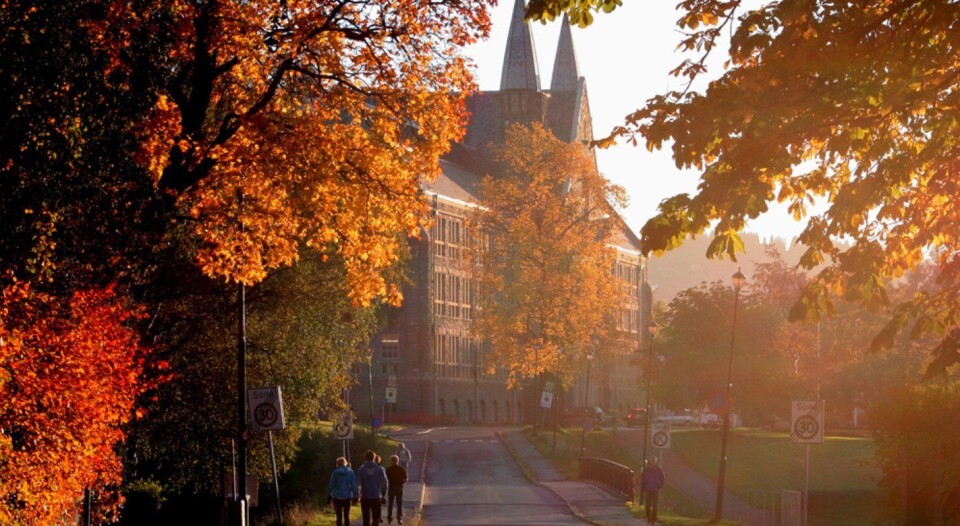
Norwegian language courses discontinued at NTNU due to high difficulty
Programmes of study for refugees are being shut down after they proved too difficult for students. A complimentary course will be offered to refugees with technical qualifications.
Norwegian language courses for academics started during the peak of the international refugee crisis in 2015 are now being discontinued. This was originally reported by Universitetsavisa. According to the section coordinator of Norwegian for Refugees, Kjell Heggvold Ullestad, many of the participants did not reach the required level of proficiency to pass the course. He describes the course as work intensive and with a high level of progression.
Johannes Bjartnes, The Student Parliaments’ Executive for International Affairs, emphasises the importance of helping refugees coming to Norway to quickly enter the job market or educational system.
– However, the key is to find the balance between the pace of the course, the proficiency level, and the prerequisite knowledge. One of the challenges is to map out the refugees’ previous knowledge. I have understood that many of them do not have sufficient documentation of previous education, says Bjartnes to Under Dusken.
Options to replace language courses
– Learning a language takes time, and intensive courses do not benefit the learner’s progression, says Ullestad to Universitetsavisa.
Especially considering that the learners are refugees in a highly stressful and challenging life situation. According to Universitetsavisa, Ullestad points out that in the future, more emphasis should be put on the individual’s previous knowledge to help more participants pass the course. Researchers at the Institute of Language and Literature have already taken a step in this direction by developing an online course, LearnNoW, with instructions in several languages, such as Arabic.
There are now several projects offering educational programmes to refugees in their starting phases. After New Year, NTNU will start a complementary educational programme in science and technology. There will be 30 admissions from January. Although the process of establishing courses for refugees has taken a lot longer time than believed in 2015, when there was a lot of excitement in the academic community for helping refugees.
– Many academics engaged in the projects and wished to contribute with what they could in 2015. This resulted in many small, uncoordinated projects. It was, however, something nice about that too. There was a strong will to help, the former vice dean of education at the Faculty of Technology, Terje Meisler told Universitetsavisa.

































